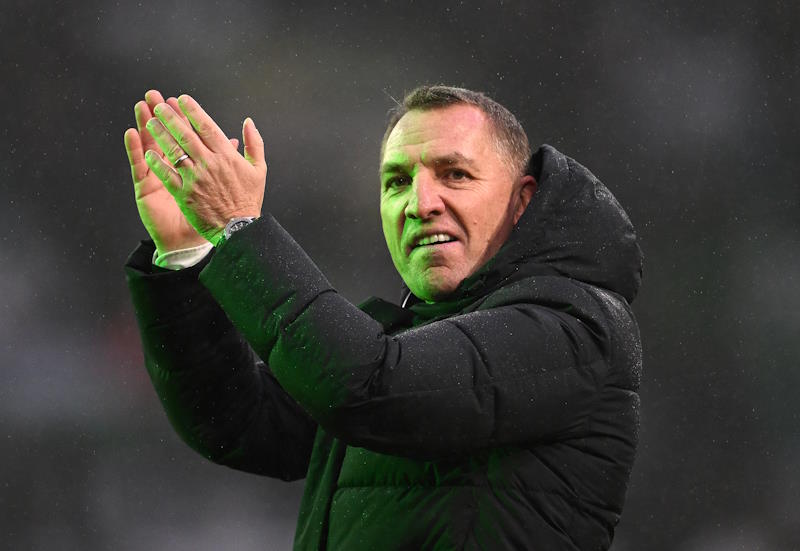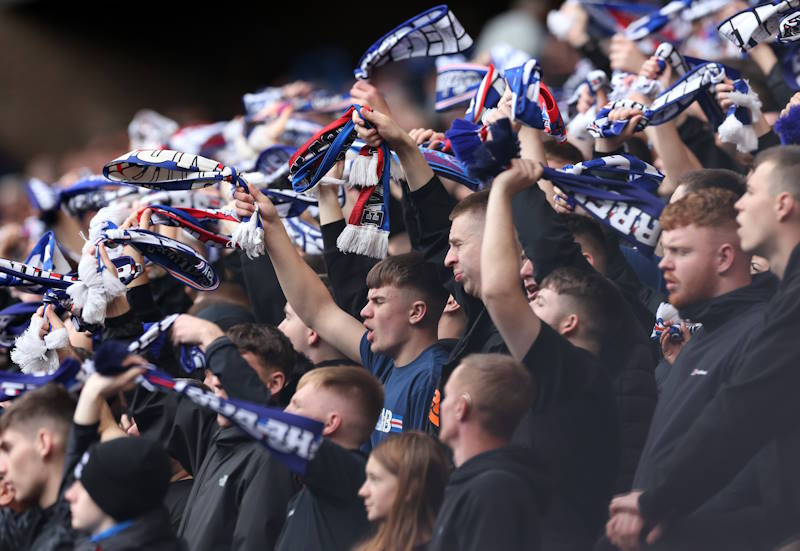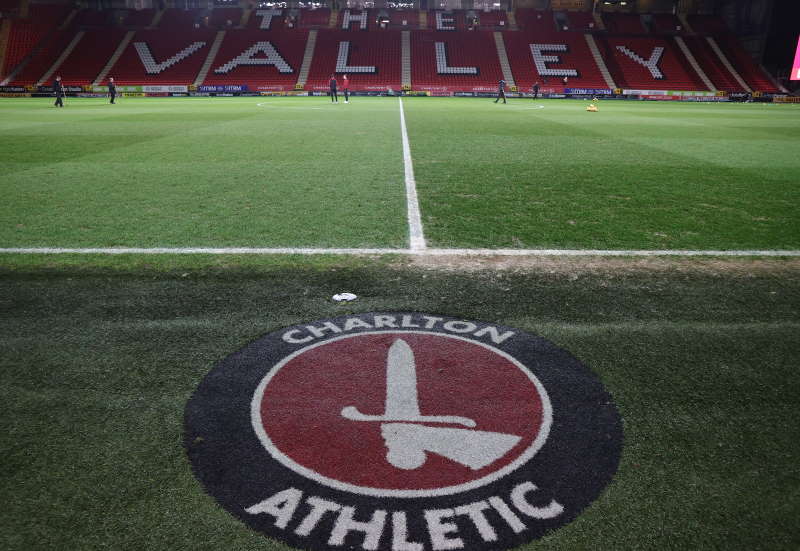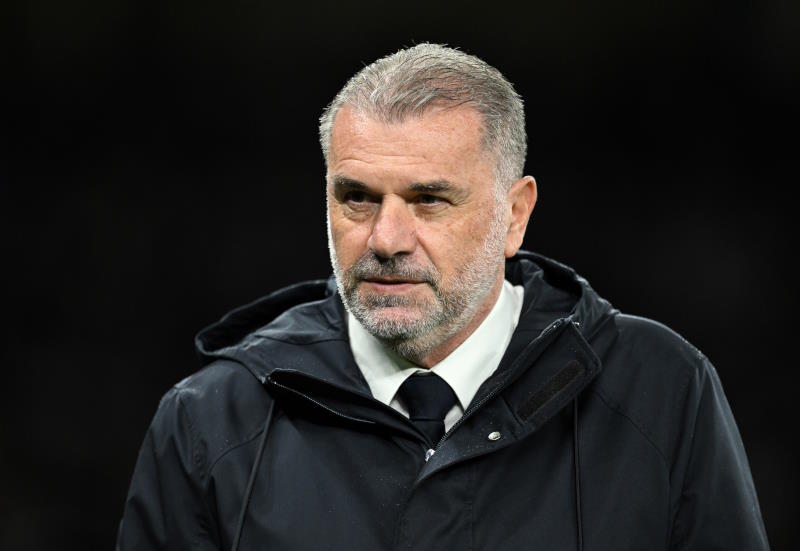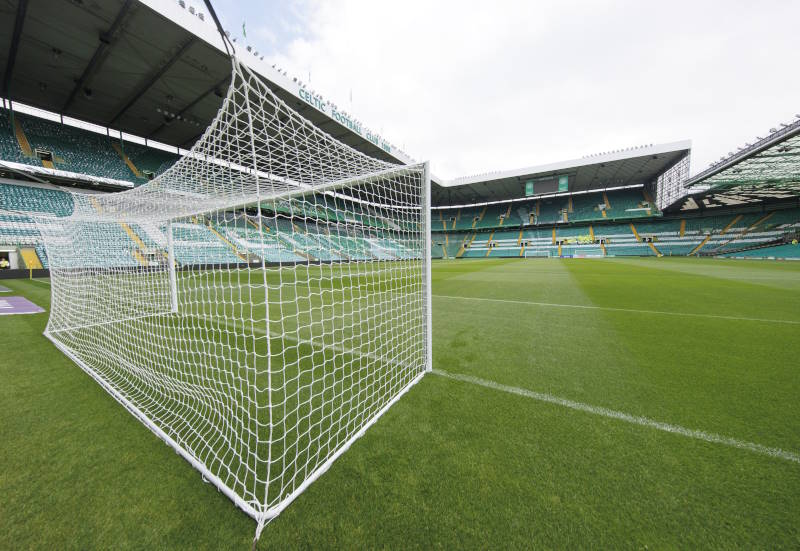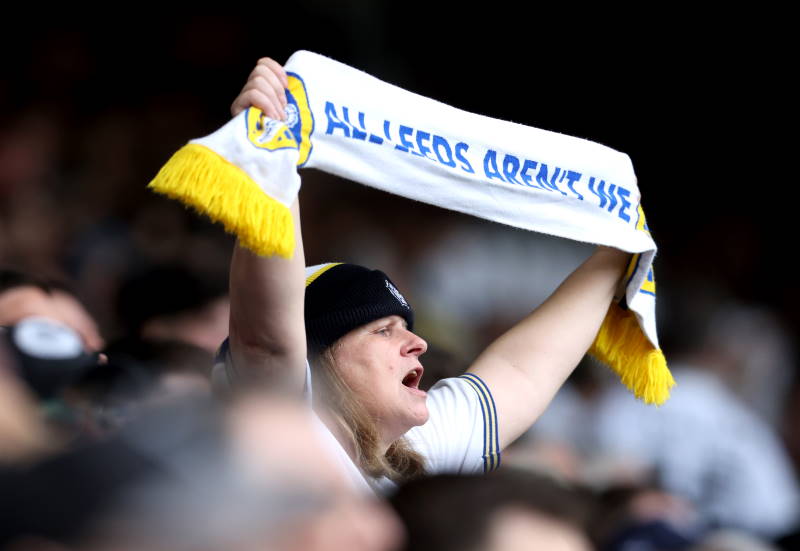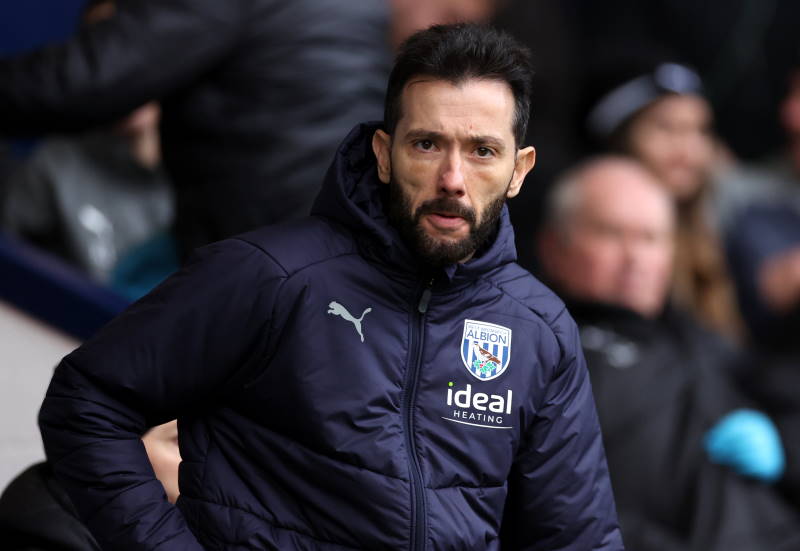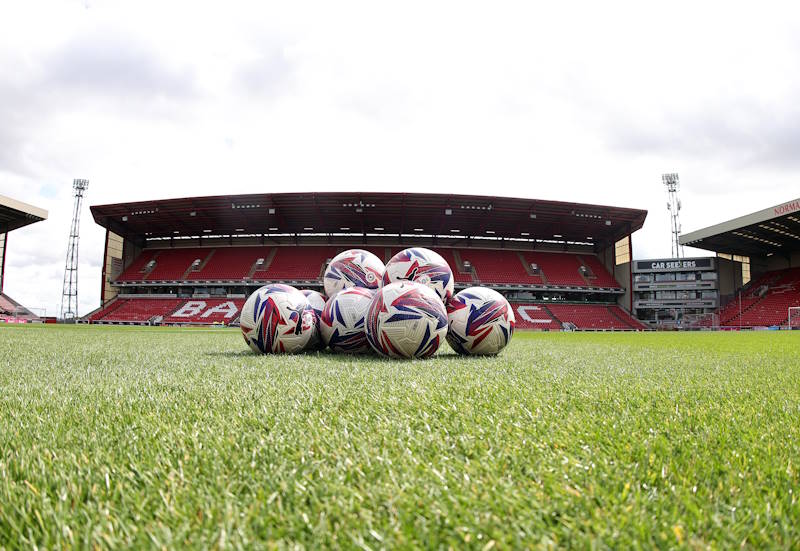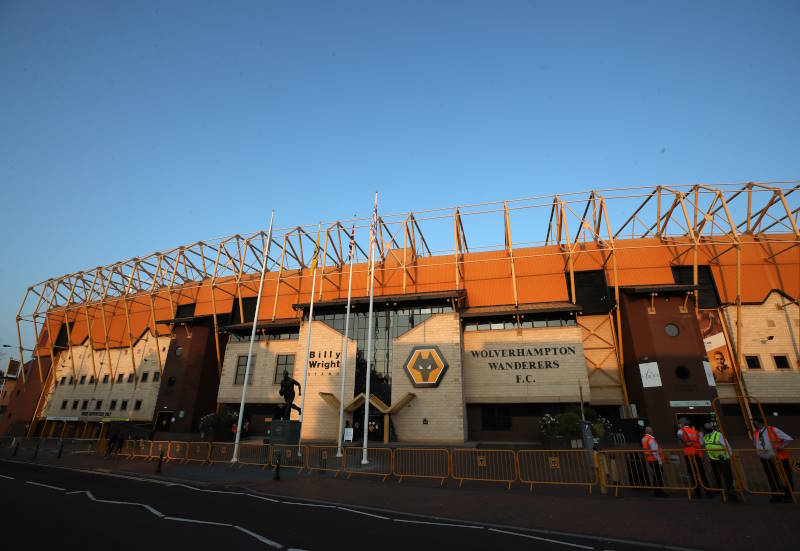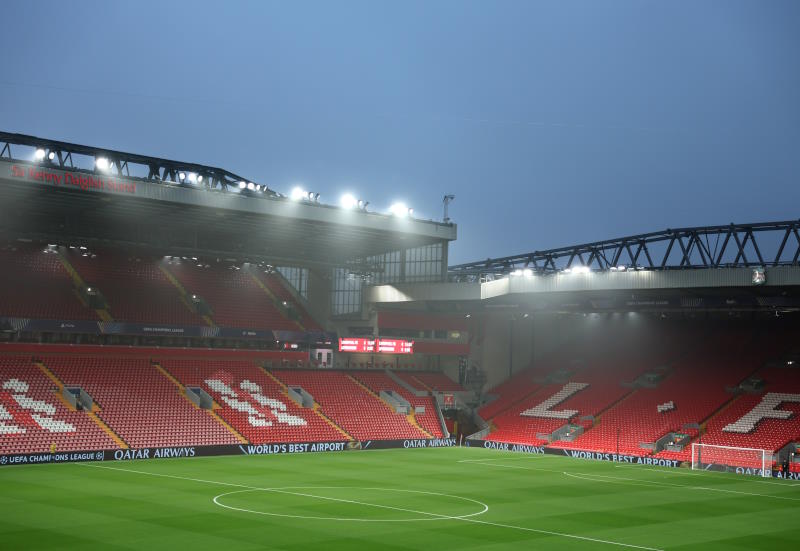
In another in our Coaching Diaries series, Anthony Hudson, the current manager of Bahrain’s Under-23 national and Olympic teams, takes a look at the 2012 Champions League final between Bayern Munich and Chelsea. Anthony, who holds a UEFA ‘A’ License, and has worked as a coach at Tottenham Hotspur under Harry Redknapp, presents a tactical breakdown of the game, analysing key moments in the final and making a number of coaching observations.
Champions League Final
Bayern Munich vs Chelsea
Saturday, 19th May, 2012
1-1; Chelsea win 4-3 on penalties
It seems the consensus around Chelsea’s Champions League win is that ‘it was meant to be’. It has to be, as the best team did not win in the semi-final and also on Saturday evening in the final. What Chelsea were and have been is extremely effective. The Blues also had a little bit of luck along the way and benefited from their opposition being poor in key areas, mainly in front of goal – Lionel Messi, Xavi, Thomas Muller and Arjen Robben are just a few names that come to mind. And of course massive performances from Chelsea’s star players, most of all Didier Drogba.
Below, I want to look at some key tactical ideas that took place throughout the game and pose a few questions purely from a coaching standpoint.
The Teams
|
Chelsea FC 1 Cech Used Subs Goals |
Main Shape (without ball) |
|
Bayern Munich 1 Neuer Used Subs Goals |
Main Shape (with ball) |
No Surprises
Chelsea, for the most part, had the same game plan as they did against Barcelona in the semi-final. Whether they set out to or not, they defended deep, narrow and played on the counter attack. The only time this changed was after Drogba scored on 88 minutes and Bayern Munich made a tactical change with Muller coming off the pitch.
Bayern Munich were the better team coming in at half time. But for me (and it was the same in the previous game vs Barcelona), it was all about recognising the moments when Chelsea were out of shape and most vulnerable. It was always going to be tough when Chelsea defended deep and narrow (see below):

So, when were Chelsea at their weakest defensively?
1: When the ball was switched at pace.
2: The moment they lost the ball.
3: From Bayern Munich’s throw-ins deep in the Germans’ half.
4: When Bayern Munich played out of the back and Chelsea were stretched.
5: When Chelsea conceded free kicks high up pitch.
These situations occurred a lot during the game:
Switching Play
And when it did I felt the ball needed to be moved a lot quicker. I also questioned why the left back, Diego Contento, regularly found himself in those advanced wide positions with the ball, as all he did was play backwards. Surely it would have been more productive with Franck Ribery/Arjen Robben getting worked into those positions as much as possible when the play was being switched?

Chelsea good shape. Congested through the middle. Ball needs to be switched at pace to create "1 vs 1" situation out other side or open up through middle.

Ribery drifts inside. Contento wide. Ball switched out to left – Contento’s body shape and first touch = negative.

Left-back Contento plays back where it came from. Chelsea = job done! No threat.
The Moment Chelsea Lose the Ball

1: Chelsea lose ball high up pitch.

2: Bayern Munich quick play/counter

3: Chelsea stretched

4: Robben is now in position to do what he does best

Same passage of play (above) but better angle of Chelsea out of shape. On the night, this is not what they want.
Throw-ins
They may seem such a small part of the game but they are huge. In the final, both teams defended them differently. And we saw Borussia Dortmund do it another way and very efficiently when they hammered Bayern Munich in the German Cup final.
I don’t believe Chelsea had a set plan for what they would do to defend throw-ins deep in Bayern Munich’s half. They neither pressed high nor dropped off. And what they did (for me), did not comply with their overall game plan. It didn’t fit in. See examples below of how Bayern Munich and Chelsea defended in the same situations, as the outcome for both were different.
Bayern Munich Defending

High up in Chelsea’s half. Man for man. Tight. This led to Chelsea turning the ball over regularly.

Same both sides. Chelsea no options. Bayern win ball high up pitch.


Chelsea Defending
They neither dropped off, nor pressed high. They left themselves stretched which were great opportunities for Bayern Munich to open them up. This was unlike Dortmund last week – who dropped right off, let Bayern Munich have ball – and got into their defensive shape – and it worked very well.

First example. Chelsea players high up the pitch but not tight. Leaves lots of space in behind.

Throw-in taken and because lack of pressure, Bayern Munich allowed to play out and pass and most importantly, head up and able to play the pass they want.

Space in behind for Robben to run into. One pass. Robben ends up "1 vs 1" on edge of box.
Bayern Munich Playing Out of the Back and Chelsea Stretched
Bayern Munich are fantastic at playing out of the back. I just felt in the final they had to be at their very bravest and stick to it. The times when under a bit of pressure the goalkeeper kicked it long. These were great opportunities to play out and through as they were the few occasions that Chelsea were stretched – but they had to be brave and had to do it quicker!
Example below of Chelsea high up but not really pressing:

1: Ball goes back to GK.

2: GK takes time.

3: Pass out the back – slow.

4: Chelsea drop into shape.
Need to play quicker out of the back…..and below….need to be braver:

1: Ball into GK.

2: GK put under slight pressure but has options.

3: Kicks long.

4: Into Chelsea’s strengths.
When Chelsea Conceded Free-kicks
Mainly the free-kicks high up the pitch (as Chelsea were stretched), Bayern Munich could have played with a lot more urgency, a lot quicker.


Above. Ribery fouled. Players take time. Chelsea drop
into good shape. Free-kick taken short/slow.
Half-time
These would be some of the areas that I may think about focusing on at half-time. It was all about recognising when Chelsea were out of their defensive shape – and when they were, exposing it quickly. And on top of that – to be more composed in front of goal – Mario Gomez, Muller, Robben and Ribery!
I also want to highlight Bastian Schweinsteiger, what a fantastic player! And in the final very intelligent recognising how to create space when on the ball. Driving into the Chelsea block, drawing in players and freeing up space out wide. Did several times in first half and below an example from the second:

1: Shows for the ball in middle of pitch.

2: Receives.

3: Drives forward.

4: Draws in Chelsea defenders.

5: Creates space out wide.
Dealing with Chelsea’s Direct Play
Bayern Munich dealt with the direct play into Drogba very well:


Either Schweinsteiger got in front of Drogba or one of
the CBs got in front and the other one covered.


I have focused more on Bayern Munich here as over the last few games it has been more about how to break Chelsea down. I thought the same against Barcelona, maybe Bayern Munich could encourage Chelsea to come out more and commit players, which would mean dropping off at times and letting them have the ball.
Chelsea – Some Thoughts at Half-time
1: Don’t get stretched (i.e thrown-ins in Bayern Munich half, when their GK has the ball etc.)
2: Second balls – Bayern Munich winning far too much in the middle. Juan Mata has to help out/pick up.
3: No silly free kicks! (David Luiz)
4: Don’t waste our opportunity when we get the ball!
Playing the way they were and with the mindset of the team, there were only going to be rare occasions to attack Bayern Munich. It was crucial that Chelsea made the most of those. This cannot happen (below). Clearance finds Mata, great work out on the right hand side, and a rare opportunity to break on Bayern Munich – but Salomon Kalou runs offside.



Final Thoughts
It does seem that Chelsea’s name was on the trophy quite a while ago. And with huge players like Didier Drogba who can turn a game in an instant, they were always a real threat. Bayern Munich made a personnel change after going 1-0 up. Did this hurt them? We don’t know, but I’m sure going into extra time and penalties, they could have done with Muller on the pitch.
Bayern Munich manager Jupp Heynckes is one of the best in the game, by a long way. It’s very difficult to even put these thoughts on paper and question what Bayern Munich were doing. However, this isn’t a match report that a journalist would write, these are thoughts and ideas about some the tactical structures of the game which hopefully provoke thought and questions amongst others in order to improve as coaches.
With Messi and Robben missing penalties, and plenty of other great opportunities missed, it could be claimed that Chelsea had a lot of luck helping them win the Champions League. Either way, they were extremely effective at what they did and ultimately deserved winners!


